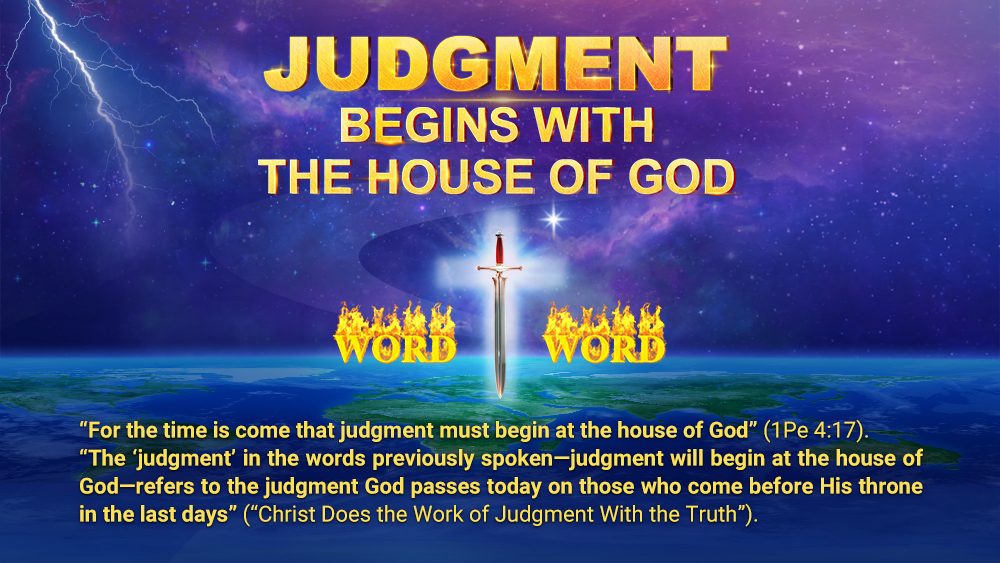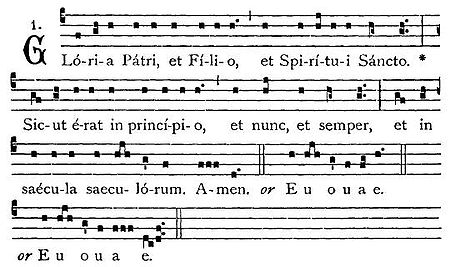Our Attitude in these Last Days
For the time is come that judgment must begin at the house of God: and if it first begin at us, what shall the end be of them that obey not the gospel of God?
1 Peter 4:17 KJV
I begin with Peter’s pointed call to account of the church and Christians from the King James Version of the Bible, judgment of our own actions first.
Previously, Peter referred to the end of the living and the dead. He urges us:
So, since Christ suffered in the flesh, you also arm yourselves with the same attitude… 1 Peter 4:1a NET Bible
Now Peter will point every believer toward service and suffering in these last days when our attitudes must match that of Christ Jesus, as well as judgment of all for our words and actions after this brief mortal life.
Living Stones
Do you recall that Peter has called us; “faithful followers of Christ,” that is; living stones of the Temple of God with Christ as the cornerstone?
If you follow Peter’s imagery of our saved souls building upon the foundation of Christ’s love, then every Christian believer in the living Church of His Body and Blood must adopt an attitude like Jesus.
Peter has already urged us (the church):
As you come to him, a living stone—rejected by people but chosen and honored by God— you yourselves, as living stones, a spiritual house, are being built to be a holy priesthood to offer spiritual sacrifices acceptable to God through Jesus Christ.
1 Peter 2:4-5 CSB
Therefore, Peter now tells us how we must live as holy priests representing the Lord God before an unsaved and evil world.
End Time Ethics
1 Peter 4:7-19
The end of all things is near; therefore, be alert and sober-minded for prayer.
Be alert (pay attention). Be sober, reads the KJV; defined in this context: to be of sound mind and exercise self-control.
What do you think of your church leaders… our local leaders… even national leaders? Do you ever wonder if they pay attention and are of sound mind? For some certainly exercise little self-control.
Paul instructs the church not to be like those who are not sober and to ‘watch unto prayer’ – KJV
The same Apostle to the Gentiles who often asks, “pray also for me,” urges the church to be on watch (while others sleep in this present darkness). And pray to God concerning the things yet to come, even death — even judgment of all souls.
The Love of Christians
Peter next begins, “Above all things; that is, what I am about to say is of superior importance to you in these last days, beloved brother in Christ.
ἔχω ἐκτενής ἀγάπη εἰς ἑαυτοῦ
echō ektenēs agapē eis heautou
… fervent in your love for one another …
… have fervent charity among yourselves…
1 Peter 4:8b NASB, KJV
Above all things… Maintain constant love; Christ’s fervent brotherly love between each other, my fellow ‘Christians,’ We MUST love one another as Jesus has loved us.
Do WE do that – this agape love for each other in the church?
Charity is a true definition of this much maligned love – kindness and tenderness, a true caring among all the family of Christ’s body, the church.
We all sin just like unbelievers do, so Peter tells us (the saints of the church) to do this as witness of Christ’s love for His body the church.
8 [NASB] Above all, maintain constant love for one another, since love covers a multitude of sins.
I certainly have a multitude of sins Christ covers. Do you?
Jesus also told us why this agape love between Christians is so important.
And because iniquity shall abound, the love G26 of many shall wax cold.
By this shall all men know that ye are my disciples, if ye have love G26 one to another.
The words of Jesus: Matthew 24:12, John 13:35 KJV
Serving each other
Peter instructs us:
9 Be hospitable to one another without complaining. 10 Just as each one has received a gift, use it to serve others, as good stewards of the varied grace of God.
And just as Peter has instructed us to watch what we say and be careful in what we do, he applies this to God’s will.
- 11 If anyone speaks, let it be as one who speaks God’s words;
- if anyone serves, let it be from the strength God provides…
Peter provides motivation for our specific service to God within the body of Christ, the church:
… so that God may be glorified through Jesus Christ in everything.
To which the Apostle adds a praise:
To him be the glory and the power forever and ever. Amen.
Suffering & Persecution
Beloved – ἀγαπητός agapētos
We see genuine examples of Christ’s agape love in all the Apostles. Although we tend to think of the tender heart of young John and of Peter as a brash follower of Jesus, here Peter addresses those he loves of the church in the same way that an older John does in his letters.
We feel the compassion of Peter’s approach to these brothers (and sisters) who like him are persecuted for the sake of Christ.
Beloved, think it not strange concerning the fiery trial which is to try you, as though some strange thing happened unto you:
1 Peter 4:12 KJV
Some versions of the Bible begin this: “Dear friends,” which we tend to dismiss so casually, as if in the salutation of an impersonal letter. This appeal of Peter’s is far from impersonal. Beloved, a true Christian attitude and appropriate translation of ‘agapetos‘ fits perfectly into the context of our relationships in the body of Christ Jesus. He IS the head, beloved, and sore wounded for our sins.
Christ’s sufferings and ours
13 Instead, rejoice as you share in the sufferings of Christ, so that you may also rejoice with great joy when his glory is revealed. 14 If you are ridiculed for the name of Christ, you are blessed, because the Spirit of glory and of God rests on you.
Christ’s glory will be revealed to all the world when the judgement of the end has come. Will you be with Jesus then because you are for Jesus now even in your suffering?
Once again the translation of the King James Version is more pointed in comparing our motivations now to those who suffer for doing evil.
15 But let none of you suffer as a murderer, or as a thief, or as an evildoer, or as a busybody in other men’s matters.
16 Yet if any man suffer as a Christian, let him not be ashamed; but let him glorify God on this behalf.
Judgment must begin in the house of God
For the time has come for judgment to begin with God’s household, and if it begins with us, what will the outcome be for those who disobey the gospel of God?
1 Peter 4:17 CSB
It’s time for judgment!
Judgment, you ask? Why does Peter tell persecuted Christians that the time for judgment has come? And more pointedly, what does Peter mean by saying that judgment begins with ‘God’s household,’ specifically us?
We tend to think of judgment only as a sentence by a judge or worse, the punishment of a law-breaker; but this narrow view is not entirely correct and does not encompass Peter’s meaning.
κρίμα {from κρίνω}
From a greek root meaning to separate, approve, judge or resolve; Peter’s meaning here [krima] may also mean: condemnation of wrong, the decision (whether severe or mild) which one passes on the faults of others.
Peter calls on the saints of the church to judge ourselves first. Jesus, in fact, used the same word calling for self-conviction before the accusation of others.
“For in the way G2917 you judge, you will be judged; and by your standard of measure, it will be measured to you.
Matthew 7:2 NASB
Peter points back to the wisdom of Proverbs 11:31, calling on us to be righteous, for righteousness in Christ is our redeemed measure of God.
Proverbs 11:
30 The fruit of the righteous is a tree of life,
and a wise person captivates people.
31 If the righteous will be repaid on earth,
how much more the wicked and sinful.
Peter’s application of Judgment
18 And if the righteous scarcely be saved, where shall the ungodly and the sinner appear?
19 Wherefore let them that suffer according to the will of God commit the keeping of their souls to him in well doing, as unto a faithful Creator.
King James Version (KJV)
Public Domain
To be continued...


